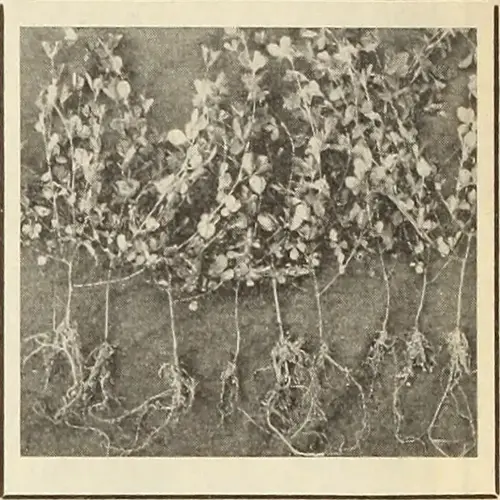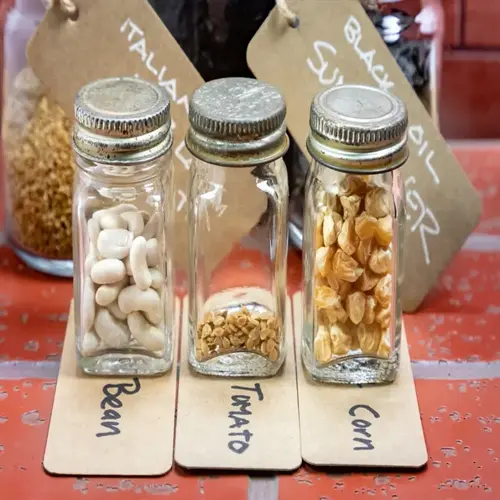What happens if you skip cold stratification?

Written by
Paul Reynolds
Reviewed by
Prof. Samuel Fitzgerald, Ph.D.If you do not carry out cold stratification, many native perennials will not germinate at all. For instance, the seeds of purple coneflower and milkweed contain biochemical inhibitors that must undergo cold conditions to break dormancy. If you do not provide this treatment, these species will remain dormant indefinitely, regardless of the optimal soil conditions.
Germination Failure
- Native perennials show 0-5% germination rates without cold treatment
- Hard-coated seeds like lupine remain dormant for years
- Temperate species may sprout erratically with weak seedlings
Delayed Emergence
- Some seeds germinate months later with stunted growth
- Seedlings lack vigor due to depleted energy reserves
- Irregular sprouting complicates garden planning
Recovery Solutions
- Rescue non-germinated seeds with late stratification
- Test viability using float method before replanting
- Apply scarification to hard-coated seeds before retrying
The mechanisms for biochemical dormancy in native seeds have developed to prevent germination at the onset of false springs. Germination inhibitors, such as abscisic acid, persist as active without cold moisture exposure. In my trials, untreated milkweed seeds remained viable and dormant for 3 years.
Certain temperate annuals can germinate without treatment, but with diminished vigor. The plants will develop weaker root systems and will produce fewer flowers. For example, I have seen blooms in black-eyed susans (Rudbeckia hirta) that are 50% smaller than blooms from properly treated seeds when comparing non-stratified seeds with treated seeds.
It is still feasible to recover skipped batches. Seeds should be refrigerated immediately in a moist medium to achieve partial cold exposure. Scarification can be included for seeds that are hard-coated. Regular monitoring should take place because seeds that start late will require longer treatment times.
Always prioritize cold treatment for native perennials. The extra effort yields robust plants that establish faster and bloom profusely. Your garden will thrive when you respect the seeds' natural requirements.
Read the full article: How to Stratify Seeds: Ultimate Methods Guide

